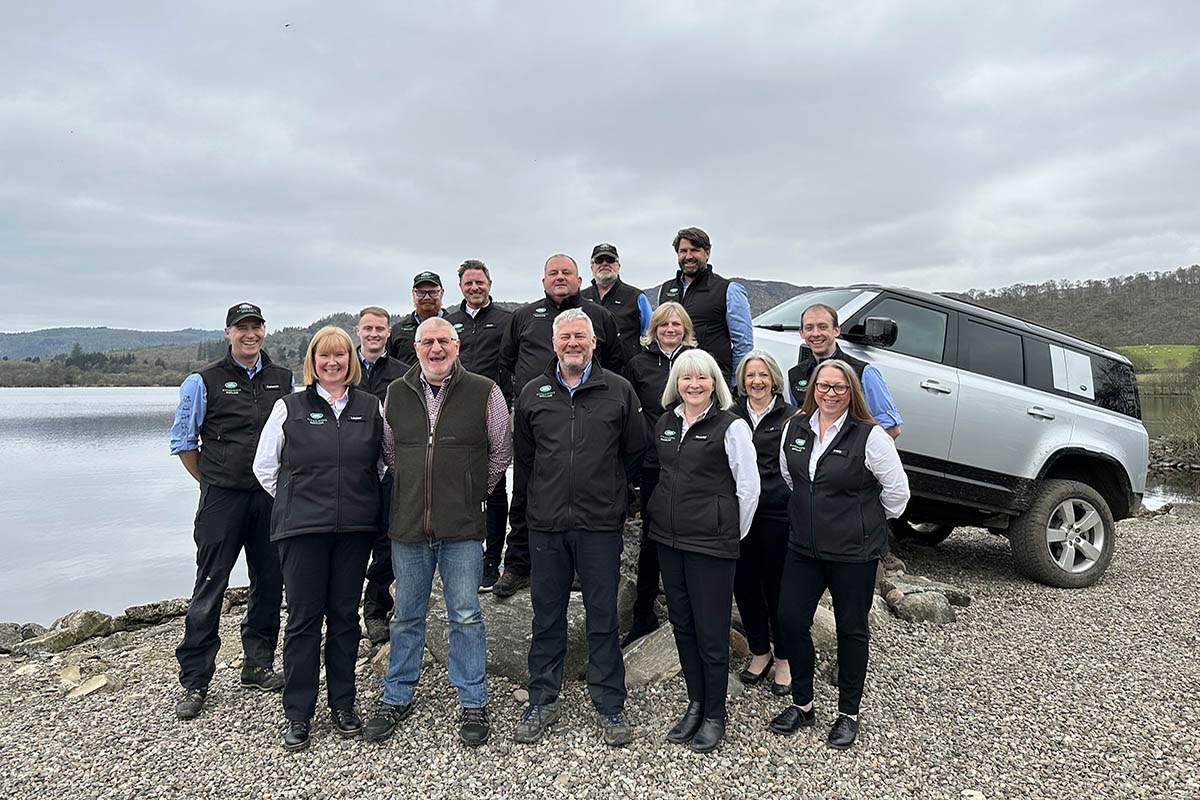


01 Apr 2025
Employee ownership is a great way to do business as it puts business continuity and sustainability at the heart of everything. It’s a great succession solution for business owners. Not only does a move to employee ownership ensure that the business can continue beyond your exit, but it can also be a very tax efficient way to receive a return on your investment.
What are the tax consequences of selling shares in a business?
Louise Fisher, Senior Legal Manager at Baxendale Employee Ownership said, “Capital gains tax (CGT) is a tax charged if you sell, give away or otherwise dispose of an asset, including shares and you make a profit or 'gain'. It is not the amount of money you receive for the asset but the gain you make that is taxed. Broadly, to calculate the gain, you compare the sale proceeds with the original cost of the asset.
Since the budget in October 2024, the CGT payable on the gain has risen from 10% to 18% for basic rate taxpayers and from 20% to 24% for higher rate taxpayers. Business Asset Disposal Relief reduces the amount of CGT payable on the disposal of qualifying business assets (covering the shares in many privately owned trading businesses) to 14% for sales made on or after 6 April 2025 and will match the lower rate of CGT of 18% for disposals made from 6 April 2026. However, the availability of Business Asset Disposal Relief is limited as there is a cumulative lifetime limit of qualifying gains of £1M. This, combined with the annual exemption (the amount of gain an individual may make in each tax year before having to pay any tax) being reduced to £3,000 per tax year, means business owners could face a large tax bill when implementing their business succession plans.”
What options are available to sell the shares in a business and make a profit?
Louise continues, “There are a number of ways that business owners in the UK can sell their shares and make a return on their investment. The option that’s most well-known is a trade sale. This involves an independent third-party either purchasing all of the shares in the company or a buying the company’s business and assets. The challenge with this option is finding a buyer if you do not receive an approach from a third-party buyer.
An alternative option may be a management buyout which involves the management team buying the business. Usually, the management team would set up a new company which would then buy the shares in or assets of the target business. The key to making this option work is for there to be a management in place that is competent, willing and financially able to pay for the buyout.
In a family buyout ownership and usually leadership of the business transfers to the next generation of family members and the senior generation can extract cash for their shares. However, the next generation family members must be willing and able to take on the ownership and leadership roles of the exiting owners.”
If selling your shares is not attractive, what else can you do?
Louise continues, “There’s always the ability to just shut the doors. The tax man doesn’t benefit from this option but no one else does either. There is no financial return to the exiting owners, the goodwill that has built up in the business disappears and the employees all lose their jobs.
Another option may be to hold onto your shares and transfer them in your will. On the death of a shareholder, shares become part of the deceased’s estate, and the estate will be subject to inheritance tax (IHT). Many individuals have benefitted from IHT relief when shares in their businesses (often a family business) pass to the next generation on death. Where a trading business is carried on, shares in privately owned trading companies benefit from Business Relief (sometimes known as Business Property Relief, or BPR). The relief is currently available on up to 100% of the value of the shares on the death of the shareholder.
However, from April 2026, IHT rules are set to become less favourable. The 100% rate of Business Relief will be capped at £1Million, with the value of the shares above this being eligible for only 50% relief. For deceased business owners with shares valued in excess of £1Million, their estates will have to come up with cash to settle the IHT bill. Where the estate does not have sufficient liquid assets, this could potentially result in the forced sale of the business.”
What makes employee ownership different?
Louise concluded, “Because the government recognises the value of employee-owned businesses to the UK economy, there are tax advantages when you sell your shares to an Employee Ownership Trust (EOT). An EOT is a special trust where assets (usually shares in a company) are held collectively for the benefit of all employees. And as long as the EOT acquires and continues to hold at least a majority of the shares in the company, the shares can be sold to the EOT free from CGT.”
What are the other benefits of employee ownership?
Glen Dott, Succession and Employee Ownership Specialist at Scottish Enterprise said, “Employee ownership is about much more than just tax savings for exiting owners. As well as contributing billions of pounds in turnover to the UK economy each year, employee-owned businesses bring benefits to employees, their businesses and the local communities of which they’re part:
In a financial climate of increasing taxes and market uncertainty, there has never been a better time to explore employee ownership.”
Scottish Enterprise can help business owners explore all succession options. Contact Scottish Enterprise online or call 0300 013 3385.
Pictured:
Land Rover Experience Scotland became employee-owned in 2023.
Glen Dott, Succession and Employee Ownership Specialist, Scottish Enterprise.
Louise Fisher, Senior Legal Manager, Baxendale Employee Ownership.